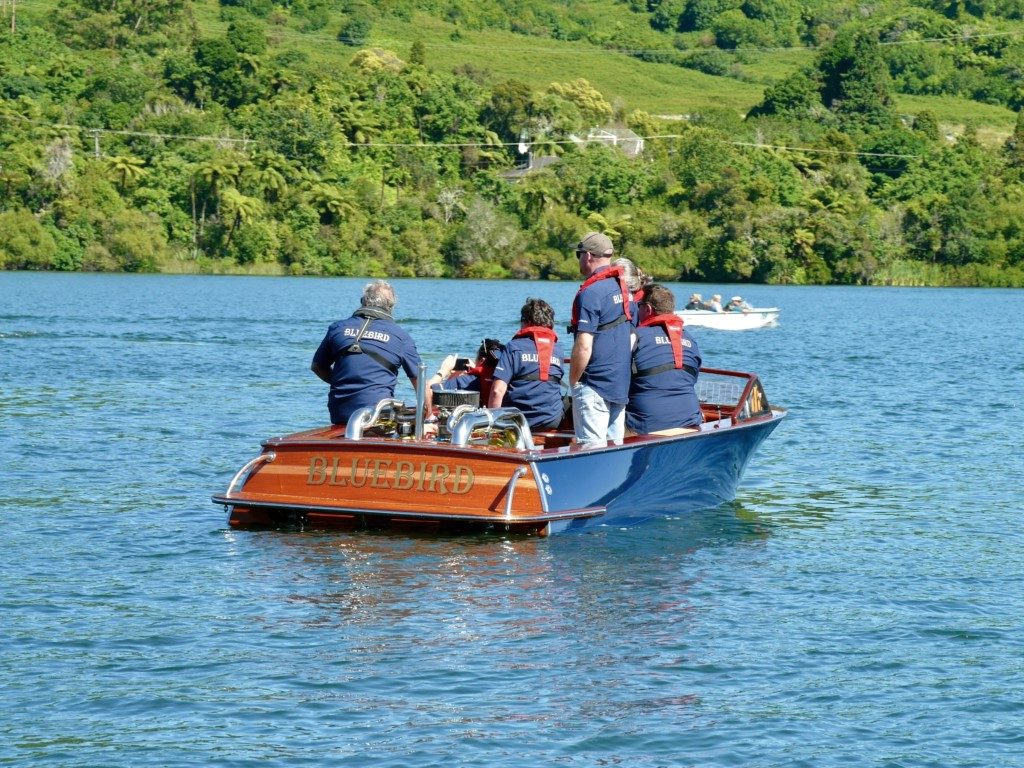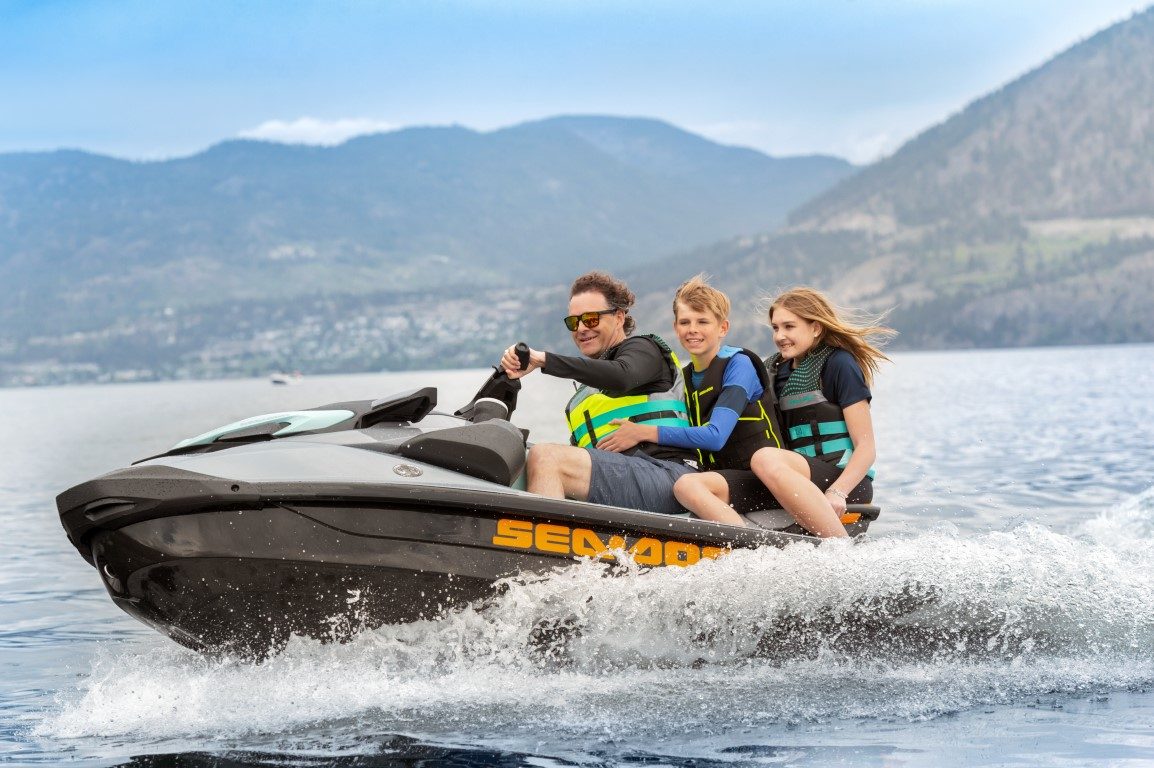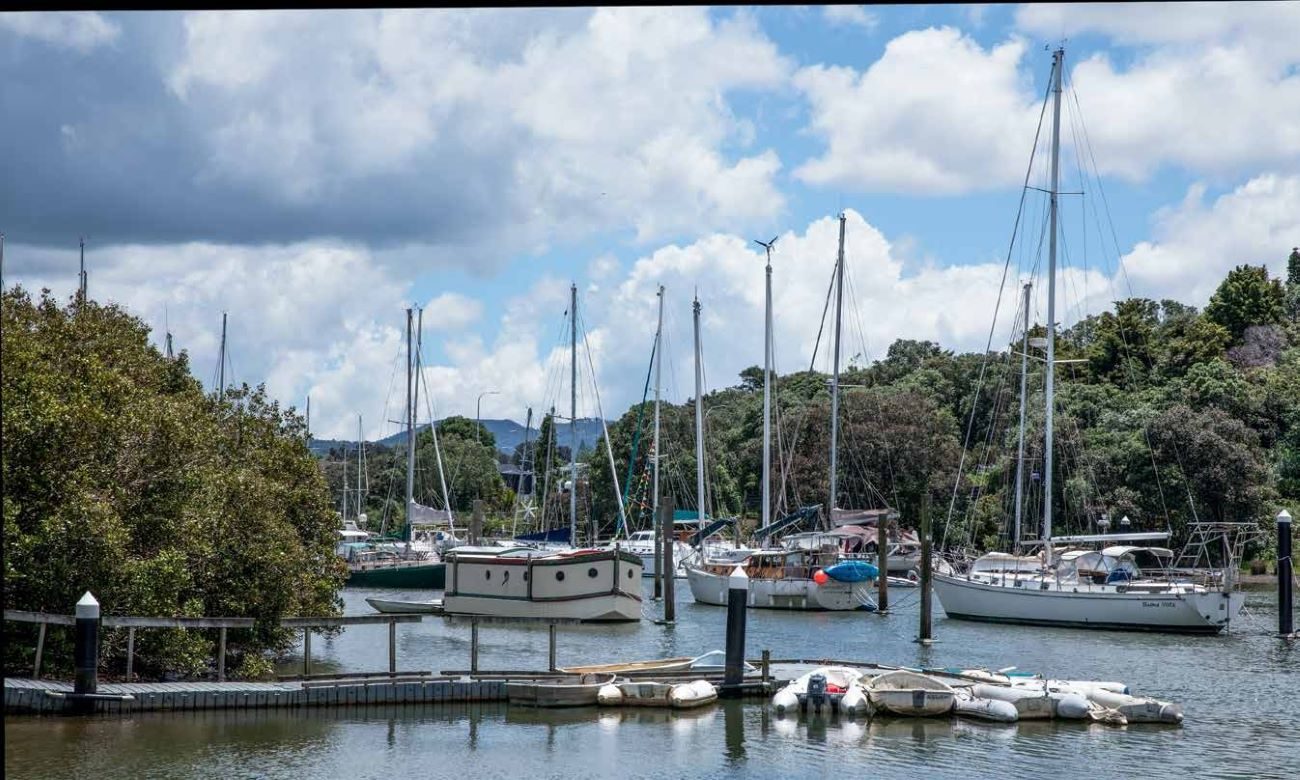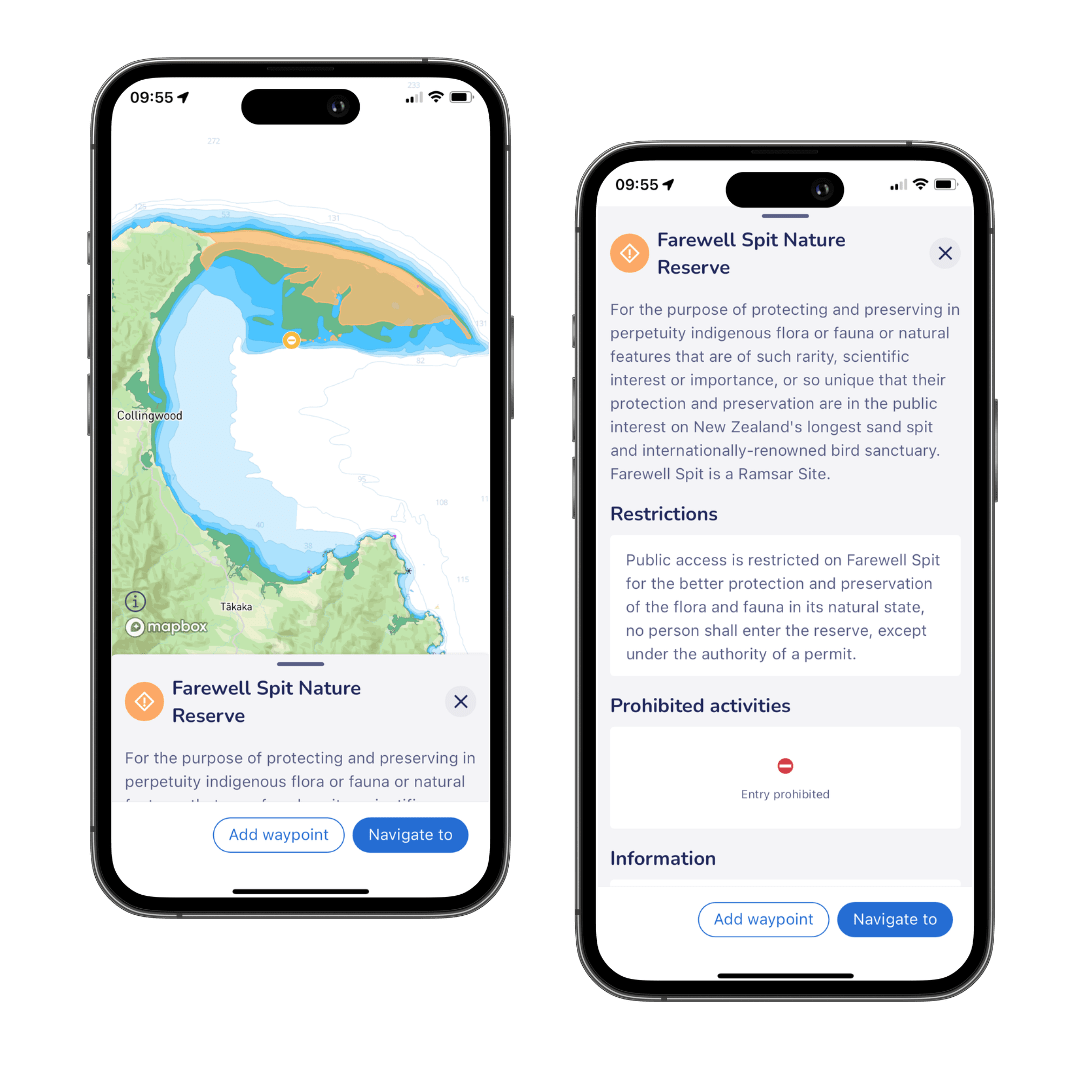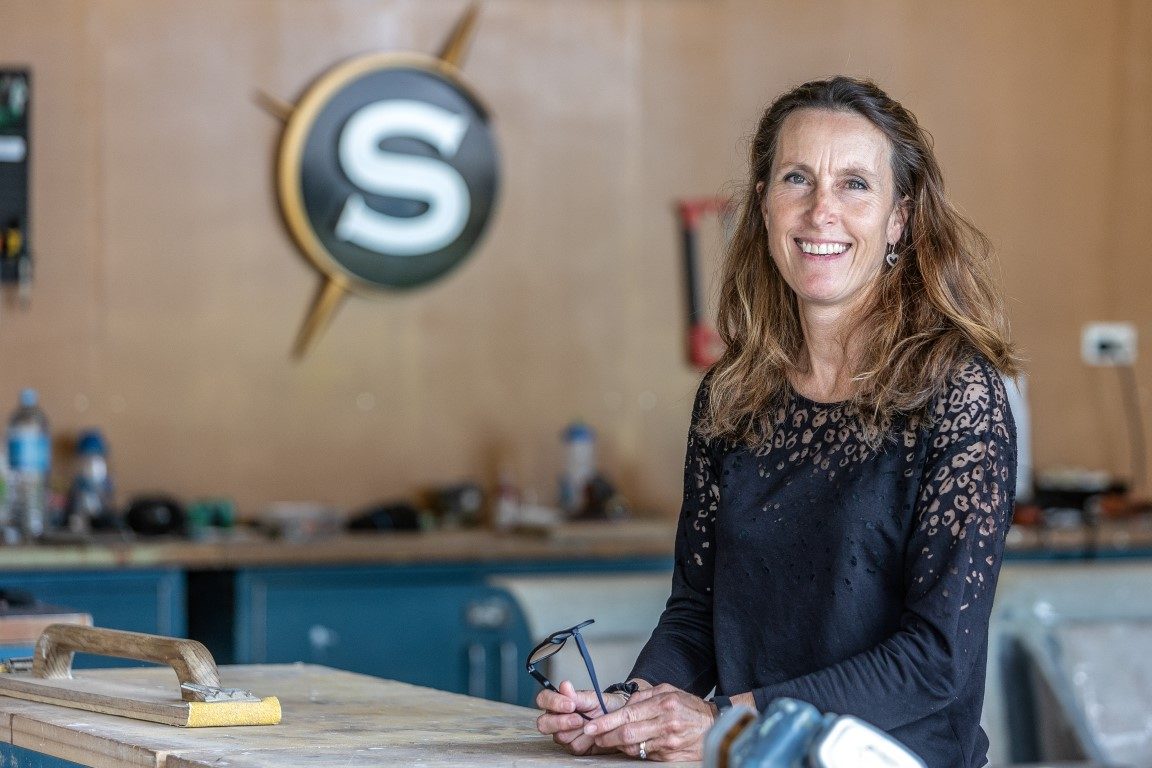

Driving environmental awareness — first at her local club, and then on a nationwide scale —has brought rewards for Delayne Salthouse, who has recently been recognised for her role in helping Kiwi yacht clubs become more sustainable.
Delayne received the Sustainability Award at the Yachting New Zealand AON Excellence Awards in late 2022, for her role in instigating and developing the Clean Clubs programme. This initiative encourages yacht clubs to assess their impact on the earth and take steps to minimise it, engaging with their local communities to improve environmental outcomes and take care of the very natural resources which sustain their sport.
The Clean Clubs initiative came to life through the Salthouse family’s involvement with Devonport’s Wakatere Boating Club. Although Delayne herself is not a sailor, boatbuilder husband Greg and kids Chloe (now 19) and Jaek (now 16) were all competitors, and she found herself spending a lot of time there.
“The first real awakening for me was one day walking the dog along Narrow Neck Beach and finding all these bits of rubbish. In a six-metre-square area I picked up an incredible amount, of all kinds or rubbish, just in ten minutes,” she says. “I was disappointed and appalled and really angry at how people could do this. I was thinking ‘Why do people do this, where does this rubbish come from, who’s responsible?’”
“Then it dawned on me that it’s not just one person, or one root cause – it’s up to everyone to be responsible and mindful. So, then I thought, how do I communicate with people and get the message out that we need to change our ways? I looked up and saw the club, and I thought that’s 450 members right there, I’ll start there.”
Delayne took on a sustainability role on the club’s committee and instigated the international Sailors for the Sea ‘Clean Regattas’ protocol for a major youth regatta at Wakatere, then at the 2019 OK Dinghy world championships hosted by the club, for which Wakatere also received the YNZ Sustainability Award.
The club attained silver, then gold certification, “and we never really looked back,” Delayne says. “The practices we put in place for those regattas became second nature.”
Seeing Wakatere’s success at reducing waste and emissions, eliminating single-use items and taking an environmental stewardship role in the community, Delayne decided to take it a step further. “It was having such a great effect at Wakatere, I thought this should be something that all clubs do. If you can run a clean regatta, you can run a clean club.”
Delayne contacted YNZ with a proposal for a wider ‘Clean Club’ concept, and collaborated with them as a contractor to develop a format that would work across all of the 108 Yachting New Zealand clubs, regardless of size and circumstance.
Raynor Haagh, YNZ’s National Sport Development Director – strategy, programmes & participation, says the introduction of the Clean Clubs programme tied in well with the organisation’s overall strategic vision, with one of its five ‘guiding stars’ being ‘to have a positive impact on environmental issues that affect member clubs and their wider community.’
“Delayne came to us at a time when we were reviewing our overall environmental sustainability strategy and looking at what we could do as a whole across our organisation,” Raynor says. “There was an increasing number of clubs asking for support to do more in this area, but they weren’t sure where to start. All we could do was direct them to the Clean Regatta programme.”
Despite Covid disruptions, the Clean Clubs programme was soft-launched in December 2021. Although Auckland clubs in particular were coming out of lockdown, Raynor says they wanted to get the programme out there and ‘trigger some thinking and engage clubs in the conversation from the outset.’ YNZ reached out to a range of clubs throughout the country, from the premier Royal New Zealand Yacht Squadron to smaller clubs such as Bluff Yacht Club, for feedback on what was relevant to clubs.
The Clean Club framework helps organisations to begin or advance their sustainability journey, in five focus areas: administration and leadership, waste management, resource conservation, community outreach, and education. Clubs work through a progressive system, moving from one through to three stars. Wakatere and Devonport Yacht Clubs are the first clubs to achieve the highest three-star rating.

“It’s designed so clubs of all sizes and capabilities, on different places on their journeys, can be acknowledged for what they are doing,” Raynor says. “The aim is to start a cultural shift within the committee and club and to encourage clubs to do a sustainability audit to highlight areas they can improve on.”
“There is no one way to do be clean and green, but this programme gives clubs a template to follow and makes it easy for them,” Delayne says. “People can check the boxes and, in the end, have something to show for it. It brings awareness and forces people to make choices: is this sustainable, or is it not? Small decisions and changes can make a huge difference.”
So far around 24 clubs in New Zealand – about a quarter of YNZ’s member clubs – and four in Australia have signed up for the scheme.
Other sporting codes in New Zealand and abroad have also expressed interest in adopting the programme.
There’s also a tie-in with the New Zealand SailGP team, with participating clubs receiving personalised messages from the Kiwi team, which includes Live Ocean founders Peter Burling and Blair Tuke. The New Zealand team has led the SailGP series’ Impact League for the last two seasons, based on “the positive actions our teams make to reduce their overall carbon footprint and help accelerate inclusivity in sailing”.
YNZ is also working with the Blake Inspire leadership programme to encourage young sailors taking part to use introducing Clean Clubs to their club as the action they take in their community.
The programme works in well with YNZ’s education programme, RŪNĀ, which has a goal to ‘support Kiwi kids to learn from the past to “steer” toward a sustainable future’. It includes modules on Aotearoa’s seafaring heritage, sustainable energy solutions and restoring marine ecosystems. Both programmes are overseen by kaiwhakahaere Natalia Groom, who joined YNZ from working at the Sustainable Coastlines organisation.
“All the clubs I’ve spoken to want to do something, but don’t know where to start. It’s really useful to know where you can first make changes, and where to go from there,” she says. “It’s also great for the younger members to see a greater focus on sustainability at their clubs, which we know is a huge issue for this generation, and to help them to make a difference.”

